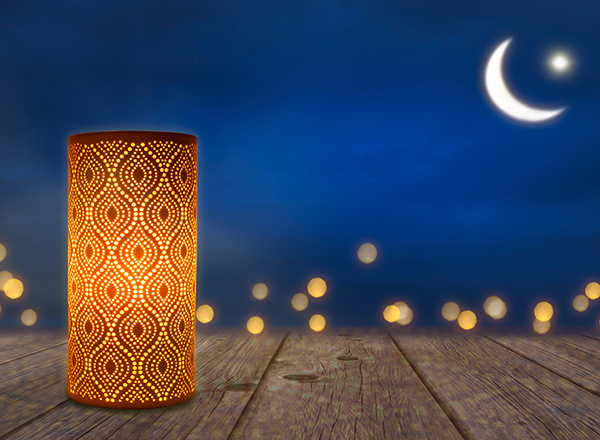What Ramadan means, and how we can support our Muslim community

At Henry Ford College, we support and embrace our diversity. This includes our diverse celebrations and traditions. The differences among us enrich our community, and make our College stronger.
Part of valuing diversity is actively learning about differences in history, culture, and ethnicity. On that note, I will be sending out information about major religious and cultural observances at different times of the year.
We are now in the Muslim holy month of Ramadan, and I want to share some information about the holiday, and some tips on how to support our Muslim friends, neighbors, students, and teammates.
What is Ramadan?
Ramadan is a holy month of worship, study of the Quran, prayer, and fasting.
Ramadan occurs during the month in which Muslims believe the Quran began to be revealed to the Prophet Muhammad. It is a joyous celebration for Muslims.
Fasting is one of the Five Pillars of Islam. All healthy adults are expected to observe the fast. During Ramadan, the fast helps believers purify their hearts, renew their faith, seek forgiveness, and increase self-discipline. It is also a time to focus on what is most important and positive in a believer’s life.
The fast is absolute. Each day, from the time of Suhoor (the final meal before sunrise) until Iftar (the meal to break the fast), Muslims abstain from all food and water. Nothing may be consumed during these hours.
Believers are also encouraged to abstain from anger and to show compassion. Fasting can be a way to increase awareness of Allah and to be more aware of the plight of those who are poor and suffering.
Eid-al-Fitr
At the conclusion of Ramadan, Muslims celebrate the holiday of Eid-al-Fitr. It begins with the communal Eid prayer. The holiday includes breaking the month-long fast and celebrating together.
When is Ramadan?
Muslims observe a lunar calendar. Ramadan is the 9th month in the lunar year.
This year, Ramadan began at sundown on May 5 and will continue until sundown on June 4.
How non-Muslims can support Muslims during Ramadan
Be aware of the holiday. Muslims observing the fast may be tired and dehydrated. Be aware of this, and be considerate of those who may struggle during their fast.
If you are interested, ask questions about what a Muslim friend or teammate is learning during Ramadan. Ask how you can learn about their religious tenets.
If you are invited to a communal Iftar meal, try to accept the invitation, and enjoy the meal. I have done this many times. It is an honor to join with Muslims as they break their daily Ramadan fasts.
Feel free to wish our Muslim brothers and sisters a Happy Ramadan, by saying “Ramadan Mubarak.”
To all who celebrate: Ramadan Mubarak!
Russell Kavalhuna, J.D.
President
president@hfcc.edu